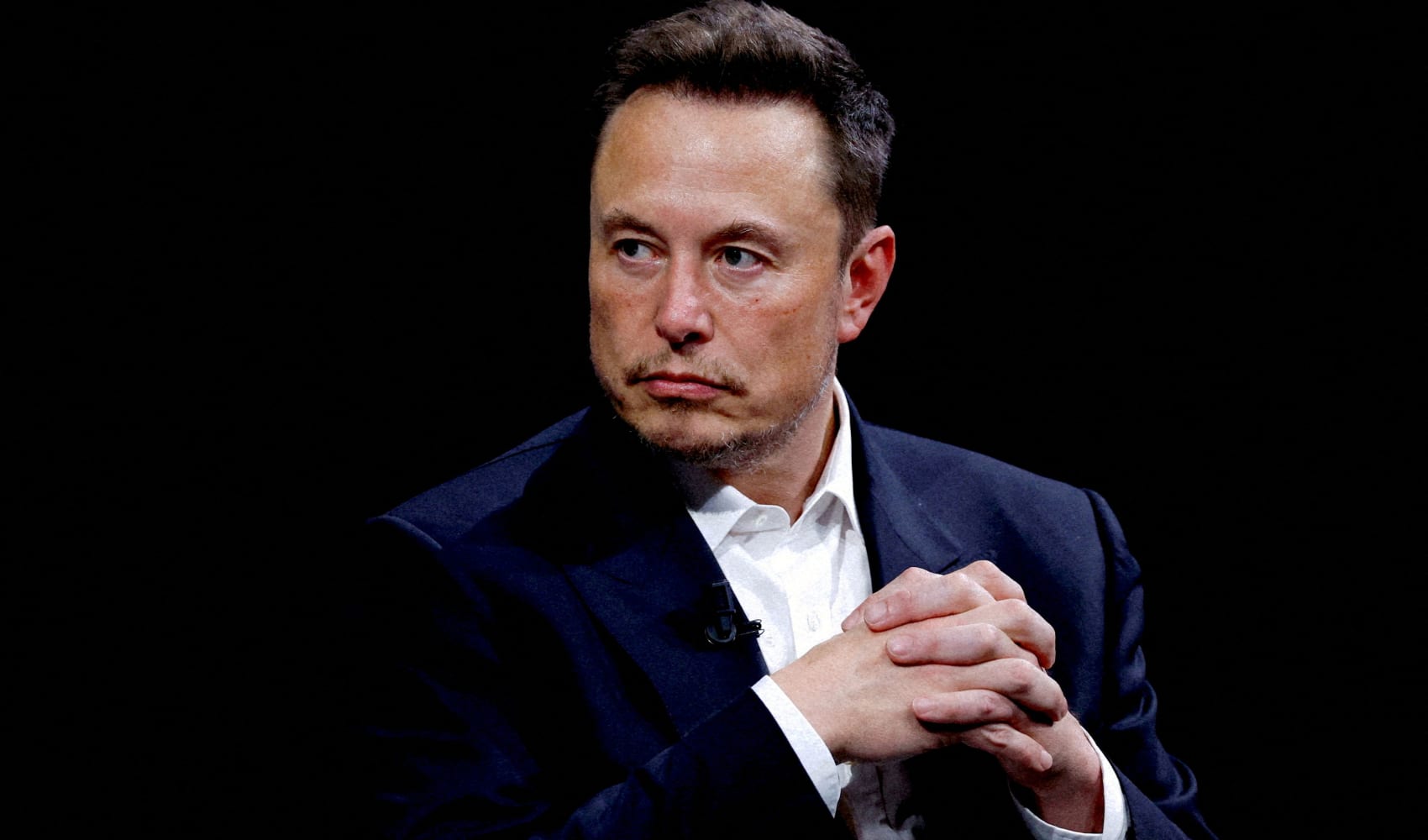San Francisco city officials on Tuesday said although the city continues to see the highest number of new COVID-19 cases daily since the onset of the pandemic, the rate of infection citywide has slightly dipped.
During a virtual briefing, Mayor London Breed and Department of Public Health Director Dr. Grant Colfax said as both the Christmas and New Year's holidays approach, the next two weeks will be crucial in bringing the numbers down.
Breed said, however, there is hope as the city has already vaccinated frontline workers like nurses, doctors and paramedics since the city received its first doses last week.
"There are bright spots. We've been vaccinating people everyday," Breed said. "This week we are receiving more shipments of the Pfizer vaccine and as the newly approved Moderna vaccine gets done, we'll get those as well. But, the distribution of the vaccine is a marathon, it's not a sprint. It's going to take time and patience, and as we get through these coming weeks and months, we need to get to continue to find ways to continue to support those that are struggling the most."
According to Colfax, although the city is currently averaging an unprecedented average of 275 new daily cases, the rate of infection appears to slowing down.
"Here in San Francisco, our cases are still climbing, but there are some relatively, and I stress relatively, good news, which is that the case increase is slowing down. We are still, locally, in a very dangerous position with the virus but we are starting to see that our collective efforts are starting to make a difference," he said. "This is a hopeful sign; it is an improvement. But I must stress we still have a long way to go."
Although the number of intensive care unit beds in San Francisco is currently in good shape at 30 percent, other regions like the San Joaquin Valley and Southern California have already run out of ICU beds as cases continue to climb throughout California.
Local
Colfax urged residents to continue adhering to the current stay-at-home order that's set to last through Jan. 4, as well as to continue other prevention efforts.
"Let's not have the situation that we had right after Thanksgiving. A massive surge that increases cases by 50 percent," he said. "Given where we are now, we simply cannot afford that and that would be catastrophic."



